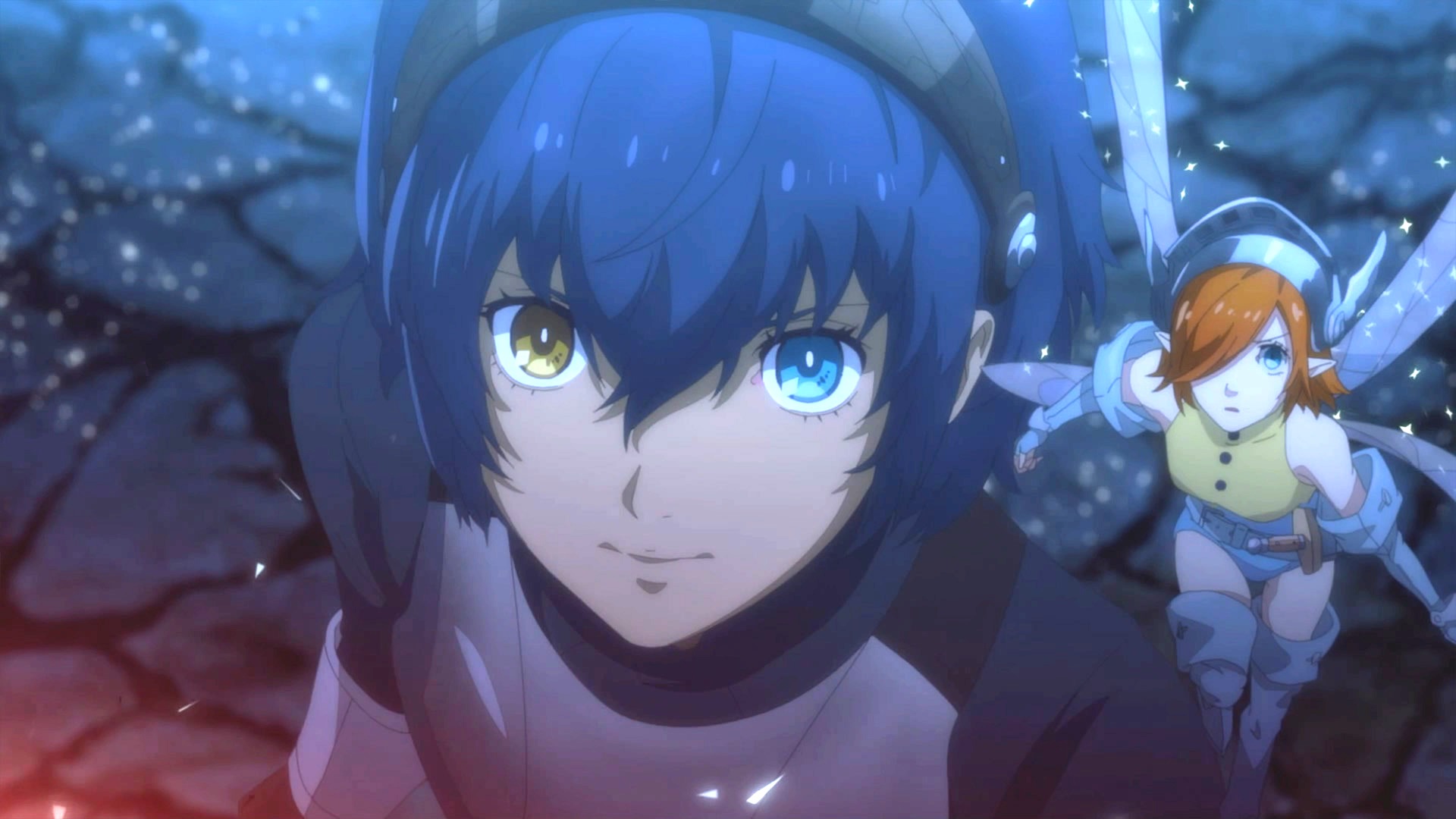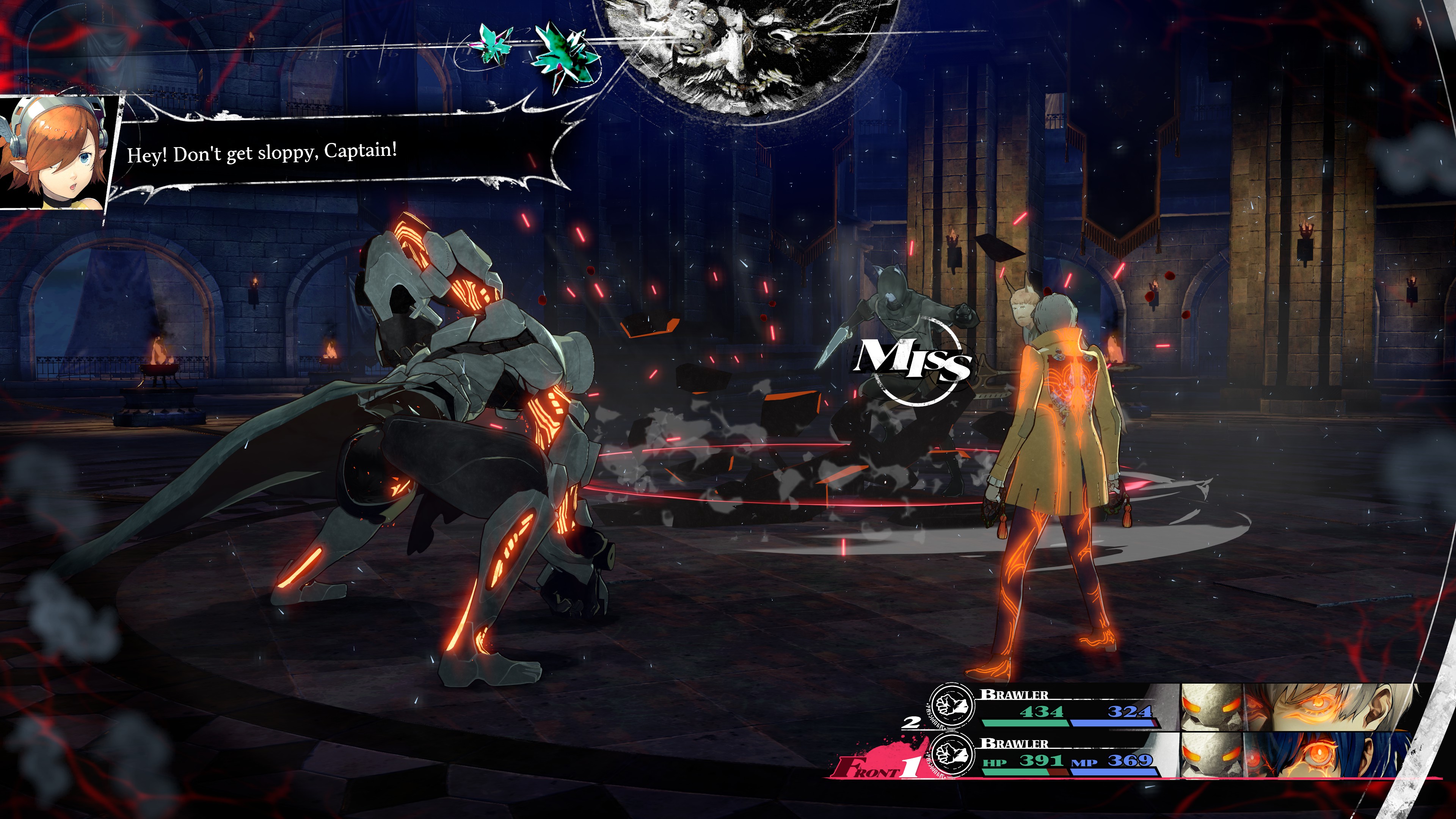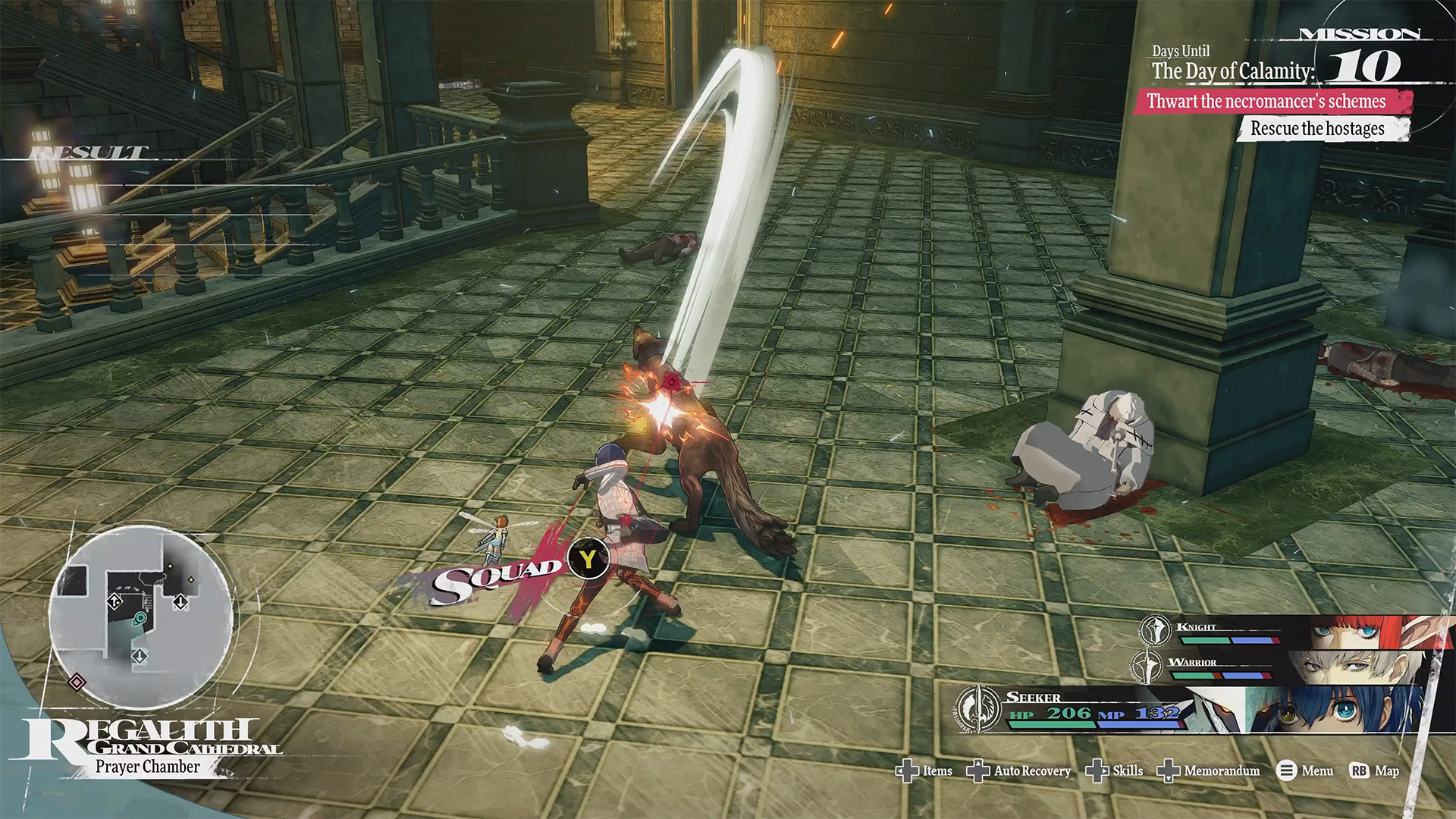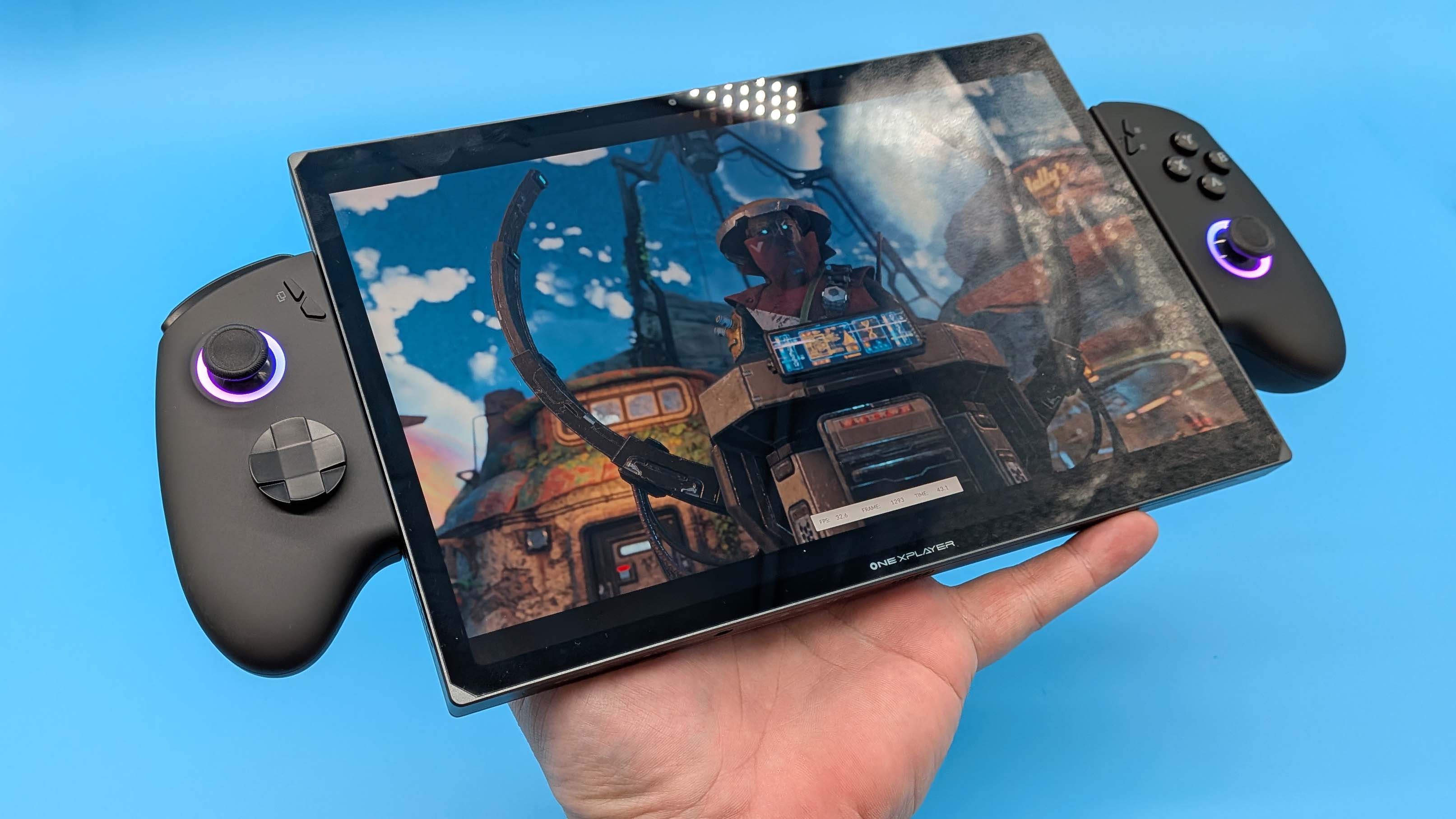Metaphor: ReFantazio's turn-based combat excels, but its brief action-based fights are what's made me fall in love with the JRPG grind all over again
I forgot how fun it was to kick back and wail on weaklings in the same dungeon for hours on end.

So I just took a week off work, which is usually time I would spend doing actual responsible adult things like running errands or deep cleaning my apartment. Well, I did none of those things. I did, however, spend a helluva lot of time smacking monsters in dungeons while trying to fix racism in a fictional kingdom.
Metaphor: ReFantazio is a bloody good game. Atlus has really nailed something by mashing together the best bits of Persona and Shin Megami Tensei before throwing it into a fantasy setting where I get to play as actual adults rather than a band of horny teenagers. It's the first JRPG in an awfully long time to reel me in and, more importantly, keep me in its clutches for the duration.
I'm now over 100 hours in with a handful more to go, and I'm already fearing a world post-Metaphor. It's reignited a love for the genre I forgot I had, and particularly just how freakin' much I love a good old-fashioned JRPG grinding session.
There's something real special about figuring out which spots are worth your time and spending hours mindlessly bounding through them, carving out the most optimal path to smack enemies before moving onto the next group. I've a fond memory of repeatedly tearing through the final zone in Kingdom Hearts 2 to get to level 99, and playing Metaphor: ReFantazio has given me those same fuzzy feelings I'd get as a kid watching the levels tick up bit by bit.

Part of that is down to one of my favourite changes from other Atlus games: the way overworld combat works. While Metaphor: ReFantazio is still a classic turn-based game, the overworld sprinkles in some very basic action combat. Hit enemies, dodge before they can hit you, and deplete their stamina meter to get a stun and an advantage once you enter the real meat of the battle. It's primitive, but it does the job.
If you're enough levels above your foe though, whacking 'em enough will instantly kill them instead, negating the need to even enter turn-based combat and waste precious MP on abilities that'll kill them in a single hit. Persona 5 experimented with this kind of thing, but it required levelling up Ryuji's confidant to level 7 which could take hours, and even then the insta-kill did more harm than good until they fixed it up in Royal. Metaphor: ReFantazio includes the insta-kill mechanic from the start, and boy has it made grinding out Archetype EXP and character levels so much more enjoyable for me.
Killing time
Now, I know the concept of insta-killing weak enemies isn't new to the genre. Hell, Earthbound was doing it back before I was even born. But I've had a blast with its inclusion in Metaphor, and I think Atlus has implemented it in the perfect way. Killing an enemy in the overworld doesn't grant quite as much EXP as doing it in turn-based—especially with the Unscathed Triumph bonus—but you can still choose to enter into the battle if you want those extra numbers or to try and pilfer items with the Steal ability.
Keep up to date with the most important stories and the best deals, as picked by the PC Gamer team.
I've personally enjoyed heading to the towers you visit in optional side quests and letting loose for an hour or two. Maybe it's something to do with the fact that I get to grind both character and archetype EXP across seven different party members, which is a lot of "level up" popups on my screen when I start getting into the swing of things. But ultimately taking the slightly annoying middle man of transitioning to another screen, using an ability, going into a results screen and then being booted back out to the overworld has dramatically improved my desire to get a little bit of experience here or a little currency there.

Honestly, I kind of like how primitive it is, too. It's clunky at times, sure, and I've been more than a little annoyed at how many times I've been locked into an animation, unable to dodge before getting smacked and thrown into an ambush by a high-level enemy. But it's a system that knows its place, a mere bit of set dressing for the excellent turn-based main stage. It's not supposed to be deeply involved, and I'm glad that it's not.
Do I think that Atlus games should go more all-in on the action side in the future? Absolutely not. Turn-based remains the developer's bread and butter, with Metaphor easily being its combat magnum opus, and I'd hate to see it be discarded. But I'm deeply appreciative of the ways it's streamlined the grind and make it more palatable. Plus, if it continues to give me the same cosy feelings I got playing JRPGs as a child, I'm all the more here for it.

Mollie spent her early childhood deeply invested in games like Killer Instinct, Toontown and Audition Online, which continue to form the pillars of her personality today. She joined PC Gamer in 2020 as a news writer and now lends her expertise to write a wealth of features, guides and reviews with a dash of chaos. She can often be found causing mischief in Final Fantasy 14, using those experiences to write neat things about her favourite MMO. When she's not staring at her bunny girl she can be found sweating out rhythm games, pretending to be good at fighting games or spending far too much money at her local arcade.

